|
Our summer's not yet, we hope, over. But its wonderful heralds who arrived back in May are already gathering in big clouds overhead, screaming their heads off and getting ready to set off on their 7,000 mile journey to winter in South East Africa.
Radio 4's Tweet of the Day reminded us how it was - and, God willing, how it will be again next year. I'm happy to report having seen two little white faces looking out from the nest on my own house - but less happy to report a tragedy when an adult possibly feeding its young was brought in at midnight by my cat. What on earth it was doing sufficiently low-down at that time of night totally defeats me. I have to take some comfort from a previous compensating deed, when a young bird one can only assume had fallen from its nest, was laid totally unharmed at my feet and after tlc at the Wiltshire Wildlife Hospital, released to adult life. The members guided walk around Home Farm, Teffont Evias went really well (though sadly a few were forced to drop out when it was deferred by a day to avoid heavy rain). The 23 who came walked in socially distanced groups of five or six with our excellent guides, Jasper Bacon, Peter and Martin Shallcross (and the last two made the journey twice) and came away knowing far more about the geology, topography, history and natural history of the village and its surrounding countryside.
The route map included the names of the fields which are always amusing to note: Giddy bridge, Goldens, Michaelmas Meadow, Pigeon House Pasture and so on. And the handout we were given showed the date-line of key events started with the Devonian Period 395 million years ago, when the land was not only under a sea but somewhere round about the Equator! It ended in 1999 with the Shallcross farming complex from Tisbury taking over the Home Farm tenancy, which continues to this day. Some people reckon contemporary music is just loud screaming. Well, it's not just humans that do it. This bird regularly holds screaming parties while it's with us during the summer, one end of its 14,000 mile round trip to and from South West Africa every year of its life.
The young birds in the nest do exercises to strengthen their wings before they fledge and then spend their entire adult lives on the wing - why we're not constantly showered with their poo escapes me. But they also eat and mate on the wing and only land again in nests to breed, when they're around 3 years old. The swift is an extraordinary creature and I freely admit to being obsessed with them - I have a natural nest under the eaves on my house, and put up four expensive nest boxes which have been totally ignored. I don't mind but there is a terrible shortage of nesting sites so I'm a bit puzzled. Quite hurt, in fact. In May, Andrew Graham commented that many people had been finding the caterpillars of the Scarlet Tiger moth in their gardens and wondered how many would make it into adulthood in June and July.
Andrew adds, 'Well the answer was clearly quite a few and not just in Tisbury. Social media has had plenty of people posting pictures asking for help identifying them and I have seen them on a frequent basis in my garden fluttering around in the afternoon sunshine. As frequent daytime fliers they can cause me confusion when I am out butterflying. I saw a few in Groveley Wood but after the initial excitement you realise that none of our butterflies have that striking bright red colour on the moth’s hindwings. After having plenty of caterpillars on our Comfrey I found one hanging on a grass stem where it had emerged from its chrysalis, but it appeared to have failed to “inflate” its wings Yes, it's a comet! Called Neowise after the telescope that spotted it. Visible only if the sky is clear, which it was last weekend when Tim Jones managed to get this lovely photo of the skyline above Lady Down. The sky isn't going to be clear for a good few more days, but the comet should stay around till the end of the month. Let's hope the sky does clear as Neowise won't be back for another 6,800 years!
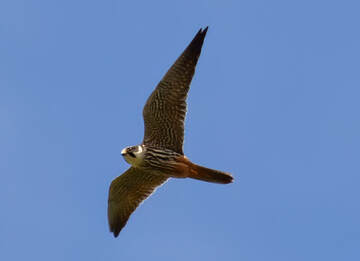 Just last month, I posted The Guardian's piece on 'the Ferrari of the skies': well, it's arrived - and, appropriately, its key identifier is bright red! Andrew Graham writes that there have recently been several local sightings of this exciting falcon – the Hobby - including Abby Eaton, who took this amazing shot over Lady Down and Roger Walker, who saw it near Newtown and commented, 'Fabulous bird the Hobby – made my day.' So keep an eye out skyward not just for flying barn doors (aka White tailed eagle) but also flying Ferraris - identifiable not least by what Andrew calls its red trousers. Some more by Andrew Graham on the handsome Hobby - our newly-visiting high-speed falcon.
'The Hobby's preferred hunting-grounds are heathlands, wetlands and woodland edges, which are rich in large insects such as dragonflies and damselflies. It chases and catches these on the wing with its claws - unlike swifts, whose feet are only used in the nest so must catch prey with their beak. The Hobby's long, pointed wings allow it to accelerate rapidly and manoeuvre acrobatically. It will pass smaller prey straight to the beak and feed in flight. It will also hunt small birds and is even speedy enough to catch swifts and house martins. 'It is very slightly smaller than a Kestrel and looks like a small Peregrine Falcon with which it shares a dark hood and mask with a white cheek patch on its head. But the most distinctive feature to look out for is the brick-red feathers of the under-tail coverts which makes it look as if it is wearing red trousers. 'The Hobby nests in trees and open woodland but rather than build its own nest it often uses those built by other species such as crows. It is most frequently seen in southern England although it is expanding its range. Some think that the Hobby may have benefited from an expansion in the number of dragonflies because of all the flooded gravel pits in England. Langford Lakes near Wylye are a good example of this, where Hobbies can often be seen swooping above the lakes seeking for prey, especially during migration. 'At the end of the summer they will head south to Africa to overwinter where there are more insects. For the present, it is work keeping a look out in the vicinity of Fonthill Lake, Wardour Lake, along the Nadder or other places where there may be plenty of large insects flying. 'The scientific name for the European Hobby is Falco subbuteo. When Peter Adolph invented his tabletop football game, he made a patent application to call it “Hobby” but was refused. As he was an ornithologist, he chose the name Subbuteo instead. Thus, he rather cleverly retained the Hobby name by an alternative route although, as a child I for one found the name rather mystifying, leading me to assume it came from Italy.' The Wiltshire Wildlife Trust Open Day was cancelled because of Covid, but the reserve is still open and you can of course visit independently, taking the necessary distancing precautions.
Download the information leaflet here. Hello again! This one's a bit different. (video removed) We don't just want you to guess or say what these are, but also to tell us if you have any anywhere near you. This is really important, because we should do a survey of the whole of Tisbury, but there just aren't enough of us to plan that. So please, look out, listen out, let us know! On Facebook or to tisnathist@gmail.com (apology for previous typo). They're one of three breeds that come thousands of miles to breed here, and then go thousands of miles back to southern Africa to feed during our winter. Of course others do this, but these three seem particularly to be the sound of our summer. At this time of year, just like a school-leaving prom, they're trying out their wings and building up strength for life as adults. This is them in their nests - - but it's not just the parents who have to squeeze in, it's up to four babies-kids-teenagers!!
It's not surprising that all through the night you can hear one of the most beautiful sounds in nature - a little constant cheep-burble, I guess saying 'shove over a bit, your claw's in my ear' or something like that. It's not just the pretty-pretty stuff that fascinates - insects are I think the largest class of animal life on earth, and we have about 20,000 species in Britain. The closer you get, the more amazing they are. Here are some of what we've managed to photograph in and around Tisbury over the past week or so.
Of Andrew Carter's photo of the hoverfly on hawkweed, Peter Shallcross (our resident insects guru), said there's an interesting way of telling the sexes apart. 'In common with many other species of hoverfly, males have the eyes meeting on the top of the head, whilst females have their eyes widely separated. Adults are very similar in appearance to Syrphus vitripennis and Syrphus torvus.' Of the rather gruesome photo, Peter said, 'Crab spiders are voracious: I watched one overpower an oil beetle larva much larger than itself on Swallowcliffe down in early May.' Just great to learn something new. |
Photo: Avocets (Izzy Fry)
The headers display photos taken by our members. Do get in touch via the Contact Form if you'd like to submit a photo for selection.
Archives
April 2024
Categories
All
|
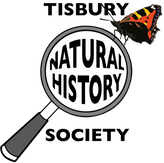
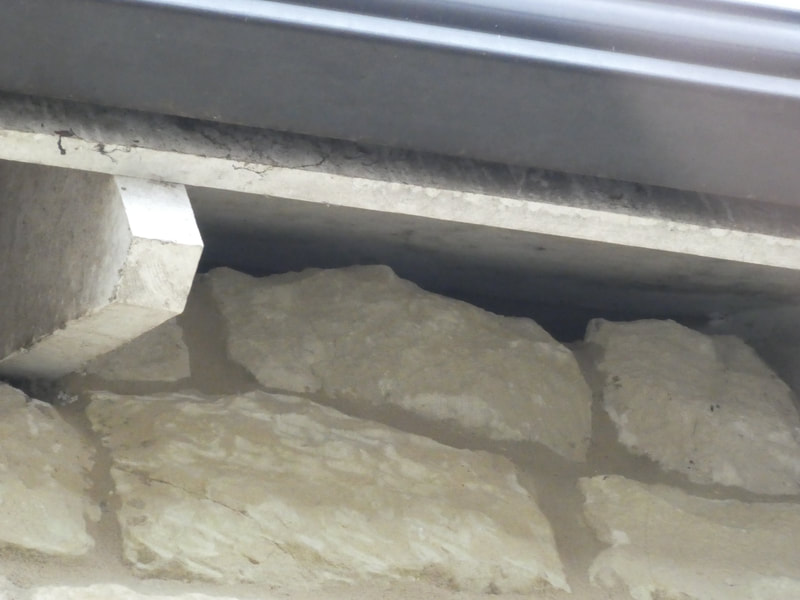
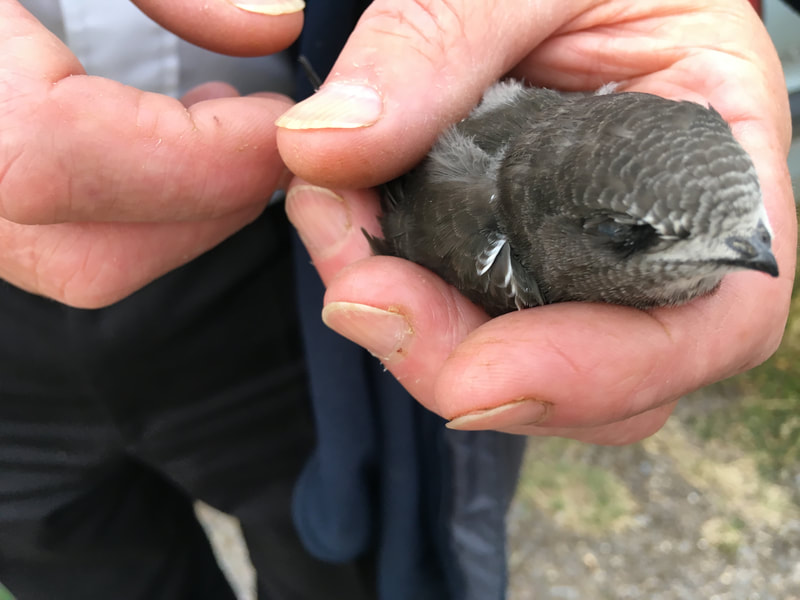
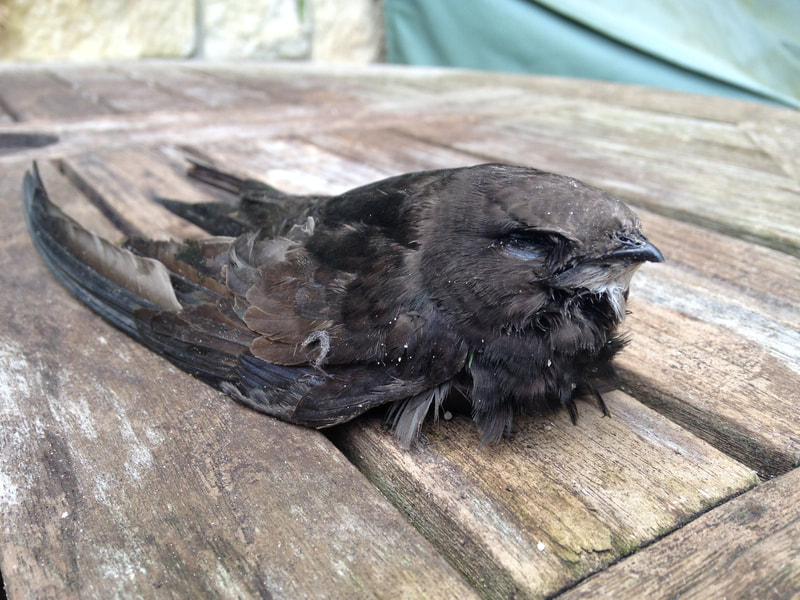
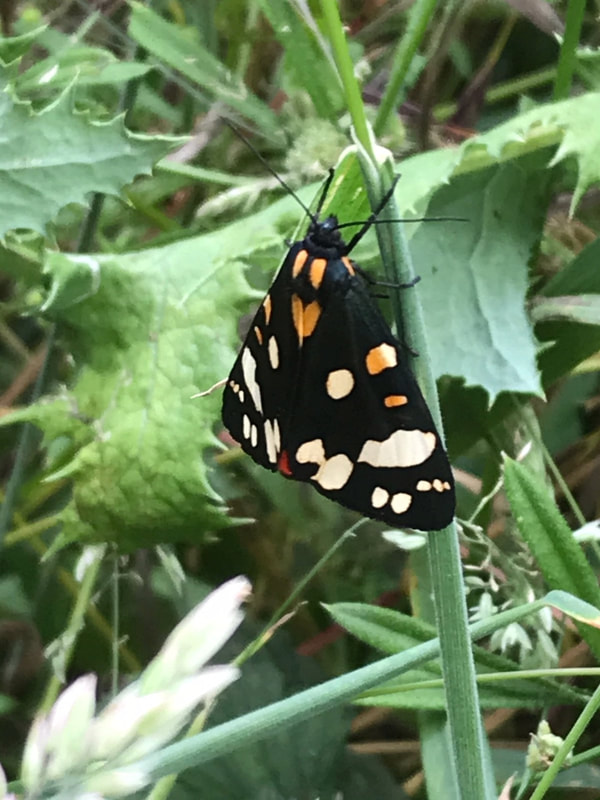
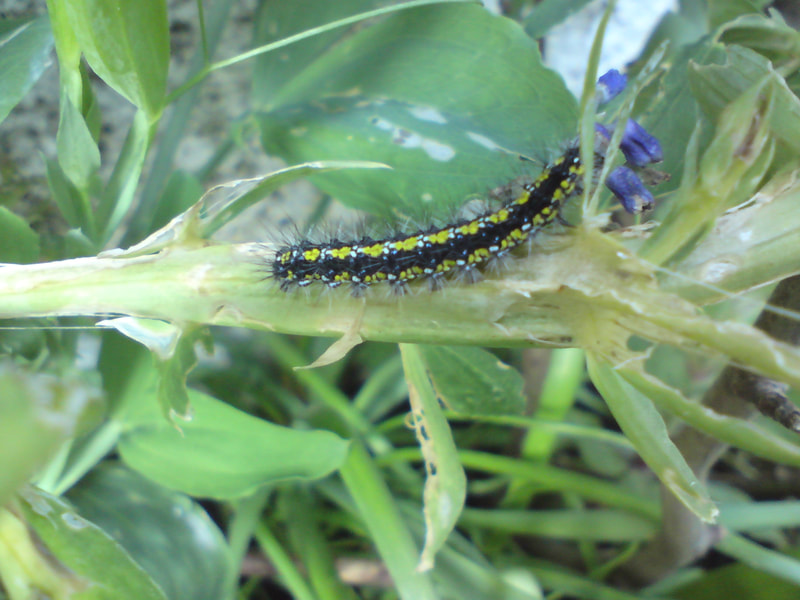
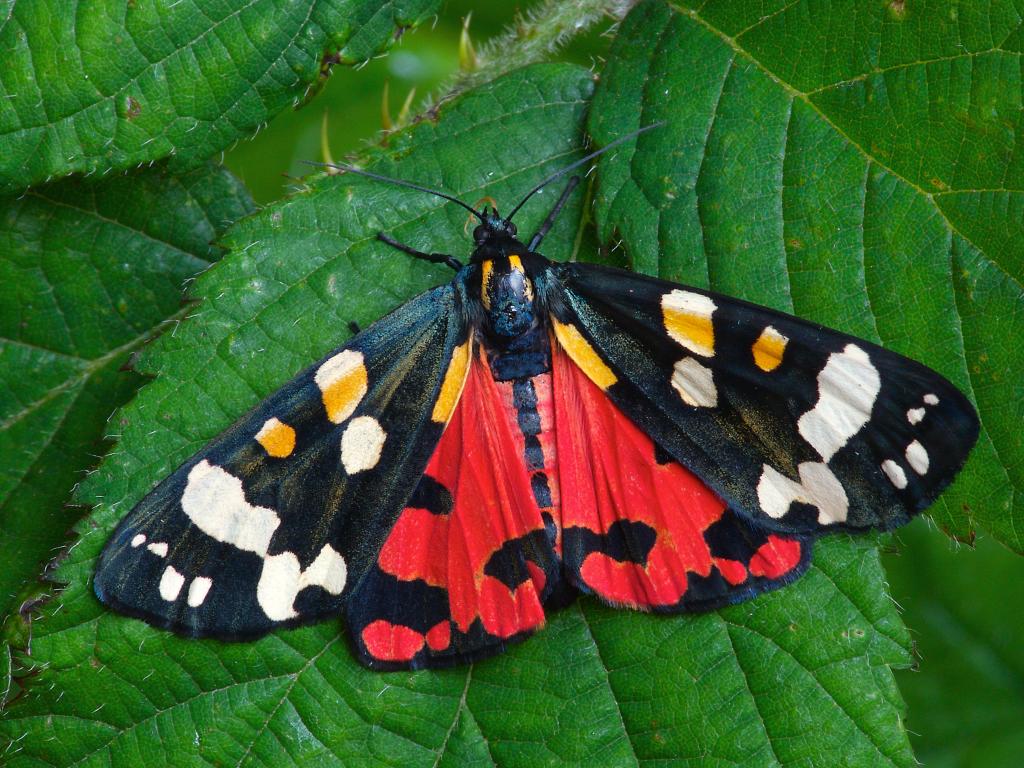
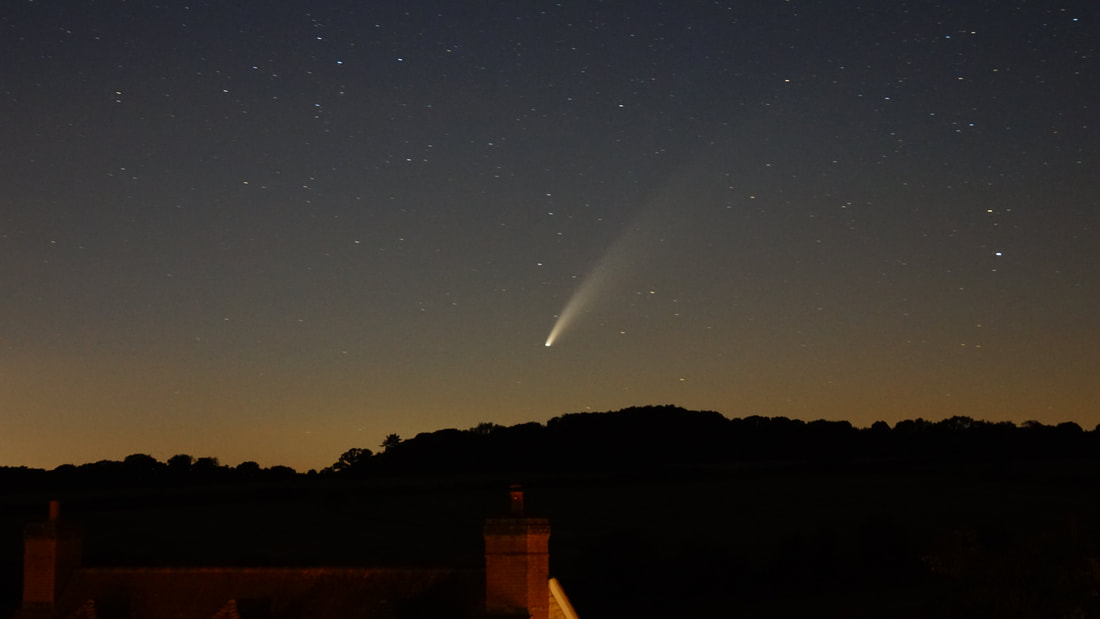
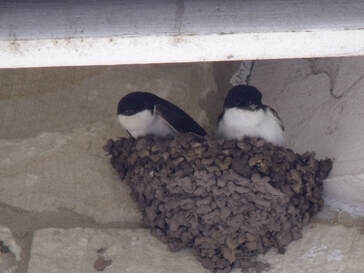
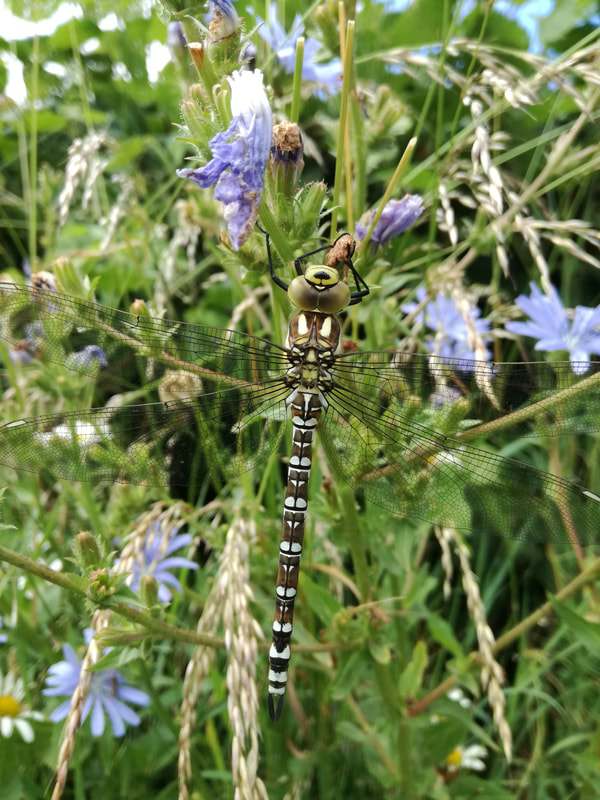
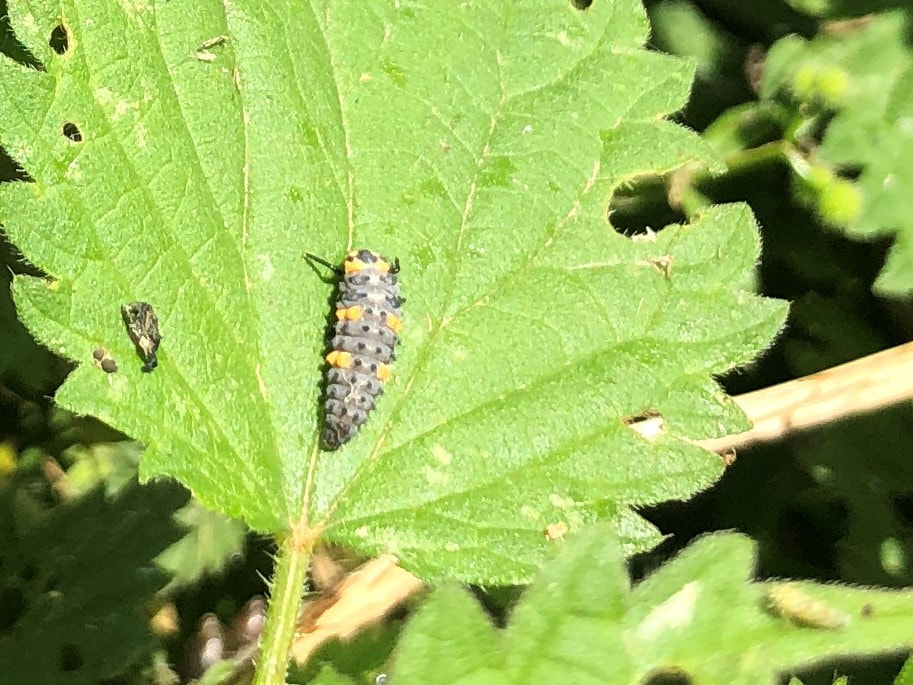
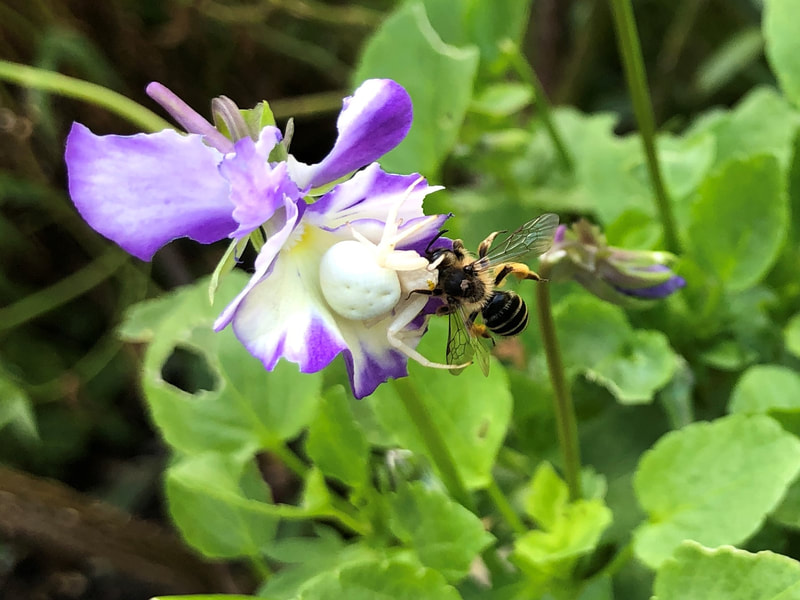
 RSS Feed
RSS Feed